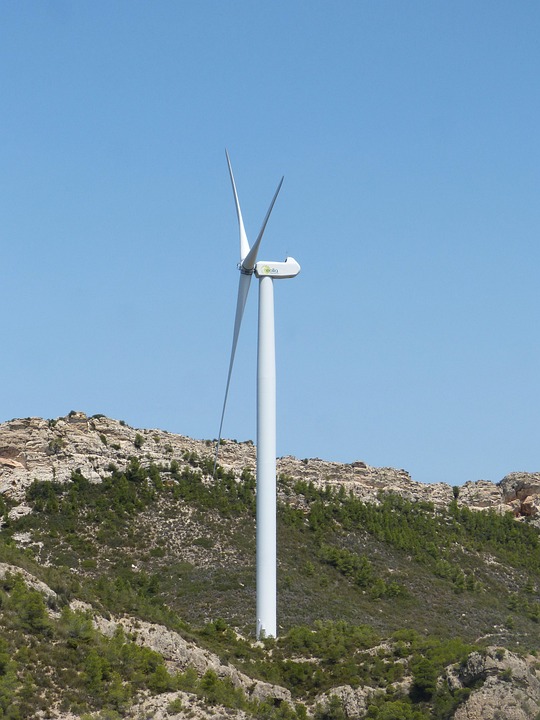Harness the Power of Education: Top Power Engineering Courses
An Introduction to Power Engineering
Power engineering is a highly specialized field that deals with the design, development, and operation of electrical power systems. It involves the management of electric power generation, transmission, and distribution systems, and is crucial for the functioning of modern society. As the world’s population and energy demands continue to grow, the need for skilled power engineers has never been greater.
In this article, we will explore the top power engineering courses that can help you build a successful career in this exciting and rewarding field.
Undergraduate Courses
If you are just starting your academic journey, the following undergraduate courses can provide a solid foundation in power engineering:
1. Bachelor of Science in Electrical Engineering (BSEE)
The BSEE program is designed to provide students with a comprehensive understanding of electrical engineering principles, including circuit analysis, electromagnetism, and electronics. Many of the top power engineering companies in the world hire BSEE graduates, and the degree can open up a wide range of job opportunities.
2. Bachelor of Science in Mechanical Engineering (BSME)
While not as directly related to power engineering as the BSEE, the BSME program can still provide a solid foundation in the principles of mechanics, thermodynamics, and materials science. With a BSME degree, you can start your career in power engineering by working on the mechanical systems that support power generation and transmission.
Postgraduate Courses
If you have already completed your undergraduate degree and want to specialize in power engineering, the following postgraduate courses can help you take your skills to the next level:
1. Master of Science in Power Engineering (MSPE)
The MSPE program is designed to provide advanced knowledge of power systems, including power generation, transmission, and distribution. You will learn about the latest technologies and techniques used to manage and optimize power systems, and will be well-prepared for a career in the power industry.
2. Master of Science in Electrical Engineering (MSEE) with a Focus on Power Systems
The MSEE program is similar to the MSPE, but with a focus on electrical engineering principles and their application to power systems. You will learn about circuit analysis, electromagnetism, and electronics, and will be prepared to work on complex power systems.
Specialized Certifications
If you want to stand out in the job market, consider obtaining a specialized certification in power engineering. The following certifications can demonstrate your expertise and commitment to the field:
1. Professional Engineer (PE) License
In the United States, the Professional Engineer (PE) license is the standard certification for engineers. To become a PE, you will need to complete a certain number of college credit hours, gain a certain amount of work experience, and pass a written exam.
2. Certified Power Engineer (CPE)
The Certified Power Engineer (CPE) certification is offered by the American Society of Mechanical Engineers (ASME) and is designed for power engineers who have at least two years of experience. To earn the CPE, you will need to pass a written exam and complete a certain number of continuing education credits each year.
Conclusion
In conclusion, power engineering is a field with a wide range of job opportunities and excellent career prospects. By enrolling in the right courses, obtaining specialized certifications, and gaining valuable work experience, you can build a successful career in this exciting and rewarding field. Whether you’re just starting out or looking to advance your current career, the power engineering industry has something to offer.
FAQs
Q: What are the best power engineering courses?
A: The best power engineering courses will depend on your current level of education and your career goals. For beginners, the BSEE and BSME programs can provide a solid foundation. For those with a bachelor’s degree, the MSPE and MSEE programs can provide advanced knowledge of power systems.
Q: What certifications should I obtain?
A: The PE and CPE certifications are two of the most well-known and respected certifications in the power engineering field. The PE is more general, while the CPE is specialized to power engineering.
Q: How can I get a job in power engineering?
A: To get a job in power engineering, you will need to have a solid education, specialized certifications, and valuable work experience. Networking with professionals in the field and joining industry organizations can also help you get your foot in the door.
Q: What are some of the top companies in the power engineering industry?
A: Some of the top companies in the power engineering industry include General Electric, Siemens, and ABB. These companies are global leaders in the field and offer a range of job opportunities.




_2.png?w=150&resize=150,150&ssl=1)


